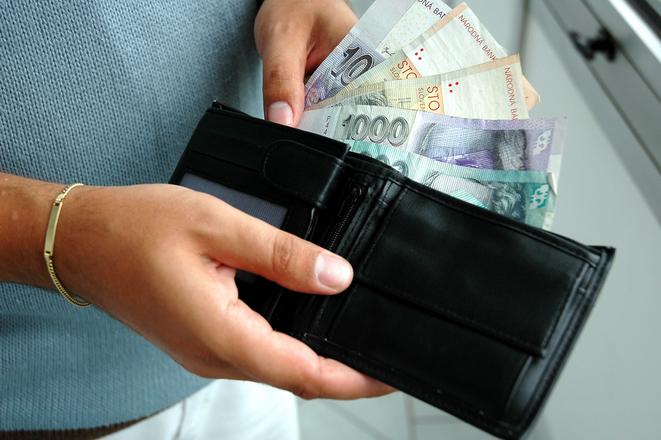People in Slovakia will have to work 155 days this year for the taxman, which is one day more when compared to last year. The F.A. Hayek Foundation and the Association of Tax Payers have calculated that the so-called Tax Freedom Day will fall on 5th June this year.
Martin Reguli, analyst of the F.A. Hayek Foundation sees public expenditures growing at a faster pace than Slovakia’s economy, in particular, being behind the later Tax Freedom Day.
“Even the sound 3.3 percent economic growth forecasted by the Finance Ministry, will be not high enough to compensate for the 5.7 percent annual growth of consolidated expenditures of the general government budget,” wrote the foundation in its report.
The analysts also calculated that an average working person in Slovakia gets a mere 47 cents from each euro which the employer has to pay for the work performed by this person. Thus income and payroll taxes swallow more than half of labour cost. Although the situation in this field has not changed profoundly over past years, the tax and levy burden is growing gradually. An average working person received 47.98 percent of payroll cost last year compared with 47.25 percent in 2017.
Also the Slovak Chamber of Tax Advisors presented the results of Slovakia’s Tax Freedom Day measured by Deloitte. This analysis takes into consideration total tax revenues and net national income and sees the Tax Freedom Day in 2017 on June 6. According to this methodology, the Tax Freedom Day was postponed by as many as eight days y-o-y.



 Illustrative stock photo (source: SME)
Illustrative stock photo (source: SME)